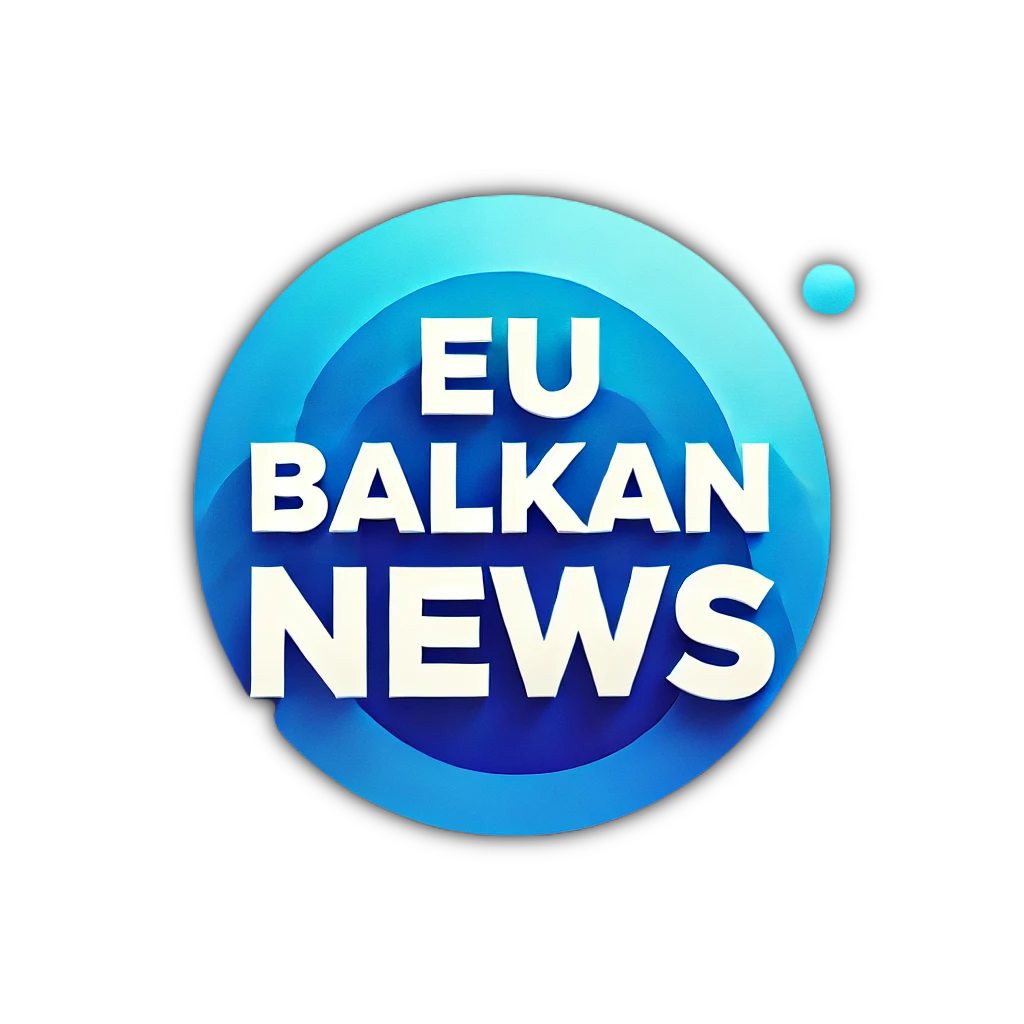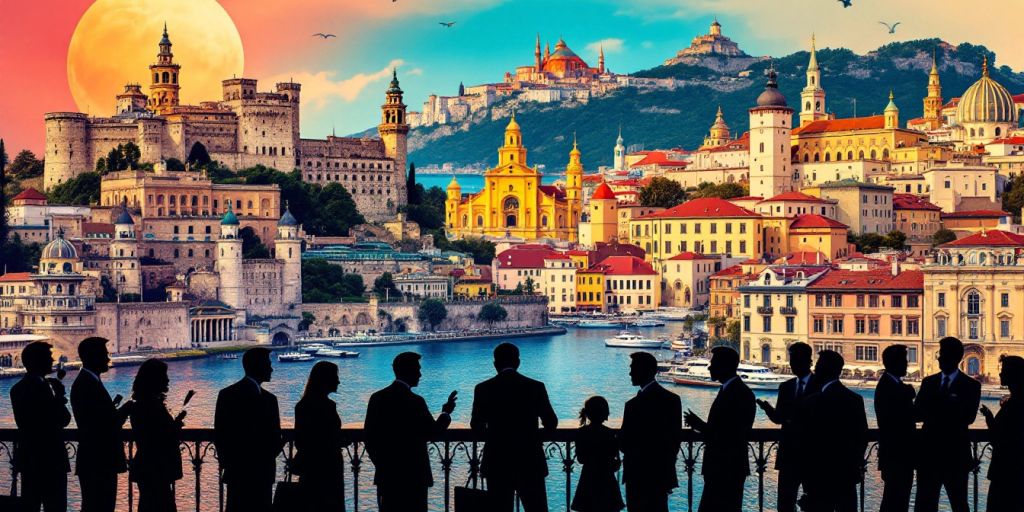Political influence continues to pose significant challenges to media freedom in the Balkans, as highlighted in a recent report by the Balkan Free Media Initiative. The report underscores the inadequacies of the European Media Freedom Act (EMFA) in addressing the region’s complex media landscape, where political connections and censorship remain prevalent.
Key Takeaways
- Political influence over media is a persistent issue in both EU member states and candidate countries in the Balkans.
- The European Media Freedom Act is criticized for its lack of enforcement and effectiveness in the region.
- Countries like Bulgaria, Greece, Serbia, Montenegro, and Bosnia and Herzegovina face unique challenges that hinder media independence.
Overview of Media Freedom Challenges
The Balkan region has long struggled with media freedom, characterized by political interference and economic pressures. The recent report, titled "The Invisible Hand of Media Censorship in the Balkans," reveals that despite the introduction of the EMFA, the political will to implement its provisions is lacking. This has resulted in a media environment that remains fraught with challenges.
Bulgaria: A Mixed Landscape
In Bulgaria, the media landscape has seen some improvements, particularly in the absence of overt censorship. However, the country is navigating its seventh election in three years, which complicates the media’s ability to operate independently. The report notes that while the political landscape has shifted, the potential for external pressures remains a concern.
Greece: Oligarchic Dominance
Greece ranks lowest among EU states regarding media freedom, with a troubling nexus between political leaders and business oligarchs. The re-elected government faces the challenge of aligning domestic laws with the EMFA, but current regulations have proven ineffective in ensuring media pluralism and integrity.
Serbia: Declining Media Freedom
Serbia’s media situation is particularly alarming, with new national laws increasing state control over media outlets. The ruling party’s grip on power has led to a media landscape dominated by pro-government narratives, often disseminating disinformation. This decline poses a significant threat to democracy and stability in the region.
Montenegro: Political Alignments
In Montenegro, mainstream media are largely aligned with either the governing party or the largest opposition force. While anti-EU rhetoric is less prevalent than in Serbia, Serbian influence remains strong, complicating efforts to ensure media independence and plurality.
Bosnia and Herzegovina: Regulatory Challenges
The media landscape in Bosnia and Herzegovina suffers from a complex regulatory framework that undermines journalist protections. The report highlights a significant backsliding in media freedom, particularly in the Republika Srpska entity, where political actors heavily influence media narratives.
Conclusion
The report emphasizes the urgent need for stronger enforcement of media freedom legislation in the Balkans. Without significant improvements in political will and regulatory oversight, the region risks further erosion of democratic values and media independence. The EMFA’s success hinges on the commitment of national authorities to implement its provisions effectively, ensuring a more robust media environment for the future.
Sources
- Political Influence Remains Major Challenge to Balkan Media Freedom: Report | Balkan Insight, Balkan Insight.
- New media freedom act doesn’t go far enough to help Balkans, campaigners warn, EUobserver.
- EU Media Freedom Legislation May Fail to Achieve Goals in Balkans due to Lack of Will to Implement It, Report Says | Ghana News Agency, Ghana News Agency.

